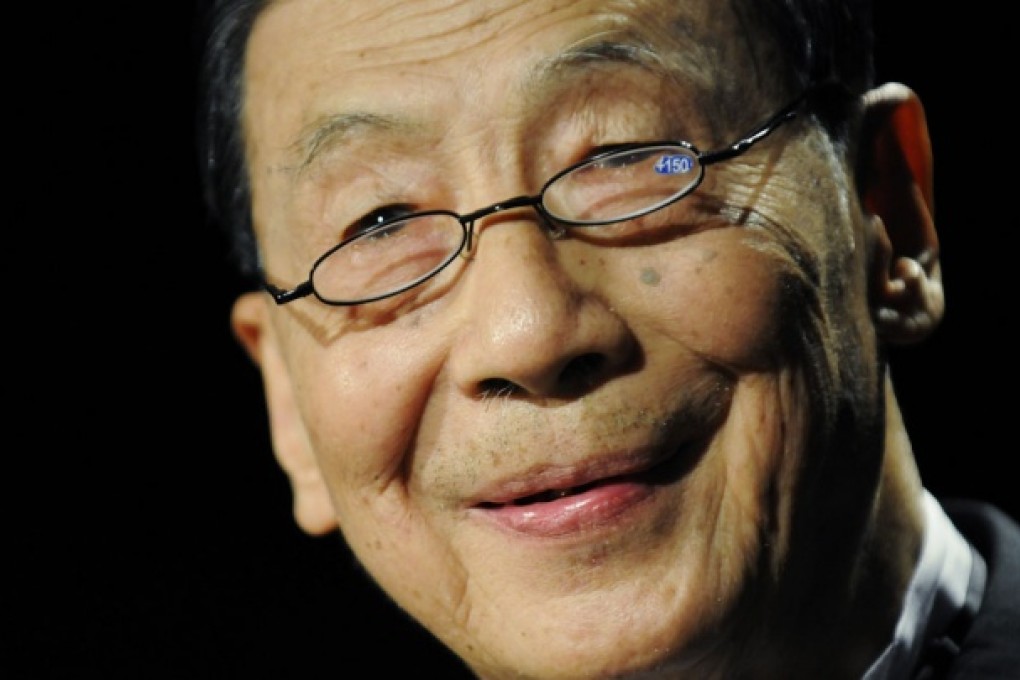Why China needs its critics
James Dorn says trust in government can't be built amid fear of reprisal

People's trust in government erodes when there is no genuine rule of law to limit the power and scope of the ruling elite. The latest breach of trust in China is the discovery that more than 40 per cent of the rice supply in Guangzhou was tainted with cadmium, a toxic metal. The socialist idea that "power resides in the people" is a mantra without substance.
The truth is that leaders in the Chinese Communist Party and their crony capitalists are still above the law.
The lack of an effective constitution that protects basic human rights to life, liberty and property - including the right to free speech - means the politicisation of economic life, corruption and injustice. Without the right to freely express ideas and to criticise government abuses of power, the Chinese people are subservient to their state masters.
Freedom of the press and freedom of conscience are essential for the development of a harmonious society. The legitimate function of government is to safeguard people and property under the rule of law.
China's leaders pay lip service to the rule of law but have no incentive to limit their power. Yet failing to allow what Nobel laureate economist Ronald Coase and his co-author Ning Wang call “a free market for ideas”, in the book How China Became Capitalist, means future innovation will face serious obstacles.
Without competition and criticism, the market discovery process cannot fully operate. People have to be free to write and think - and to spot and correct errors. A dynamic market system requires what the economist Joseph Schumpeter called "creative destruction". There can be no creation without freedom and failure.